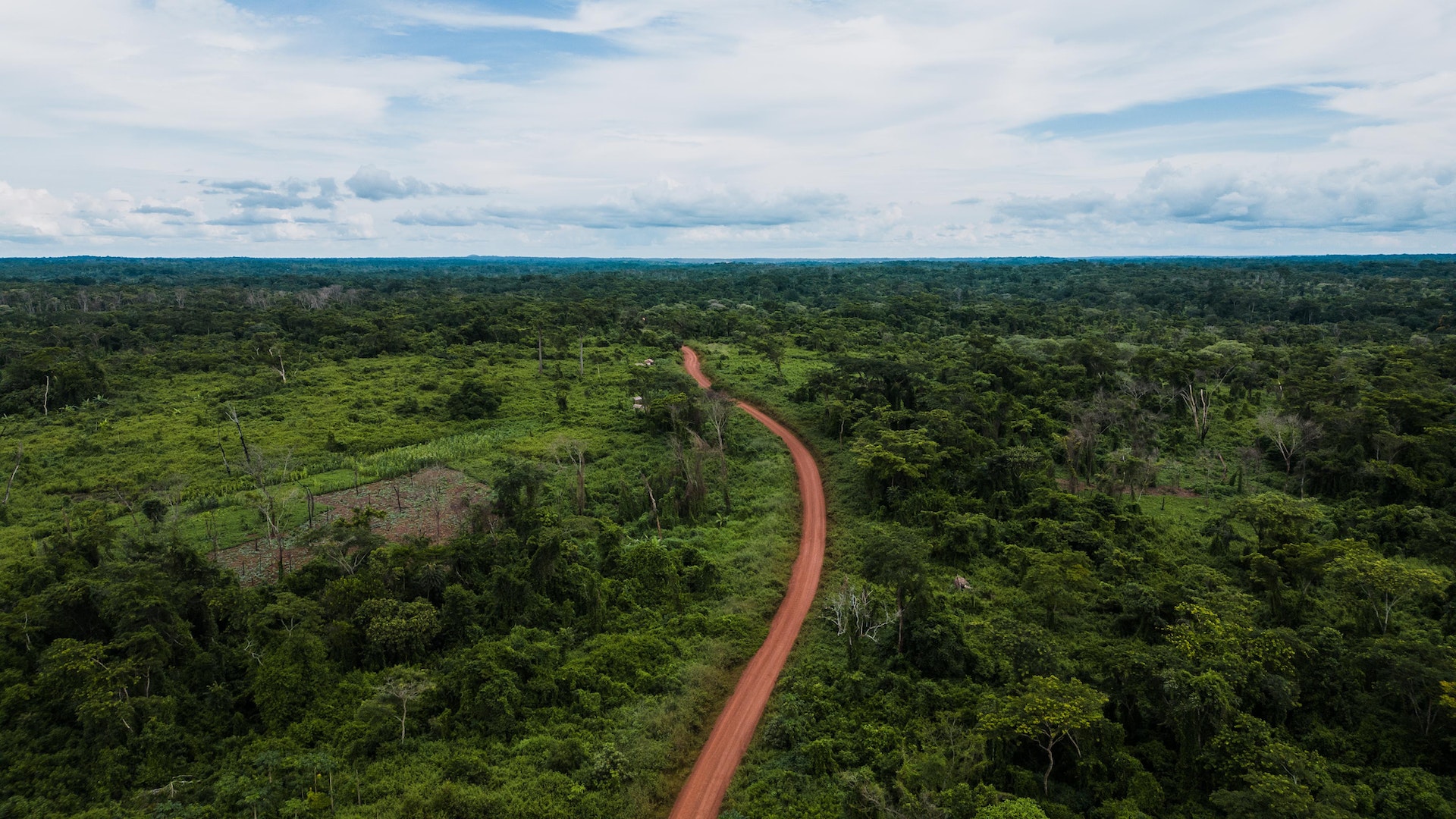MANAUS, Brazil – Deep within the lush expanse of the Brazilian Amazon, a new ally emerges in the fight against deforestation. Aptly named after a legendary forest creature, ‘curupiras’ are small AI boxes attached to trees that might just be the key to saving Brazil’s rapidly diminishing rainforest.
Harnessing AI in the War on Deforestation
Modern challenges call for innovative solutions. In a world where technology has increasingly been the harbinger of harm to the environment, here it offers redemption. The ‘curupiras’, as described by project manager Thiago Almeida, come equipped with sensors and software trained specifically “to recognise the sounds of chainsaws and tractors, or anything that could cause deforestation.”
But how exactly does one train a machine to discern a chainsaw’s buzz from the Amazon’s cacophonous symphony of life? “We recorded the sound of chainsaws and tractors in the forest,” Almeida elaborates. These sounds, distinctly mechanical in nature, were fed to AI algorithms, teaching them to pick out these unnatural disturbances amidst the ambient noise of the jungle.
Unlike traditional monitoring methods, such as satellite imagery which can only identify clearings post-deforestation, these AI boxes boast the capability to detect environmental threats in real time. Raimundo Claudio Gomes, a researcher from the Amazonas State University, aptly points out the significance of this technology, emphasizing how curupiras can detect “when the destruction starts”.
The Technical Marvel Behind the ‘Curupiras’
Resembling small internet modems, these devices are wireless, with the capability to relay data up to a kilometre via satellite to others in a network. Each ‘curupira’ essentially becomes a node in a vast protective web, watching over Brazil’s green jewel.
Emerging from its pilot phase, during which 10 prototype boxes were strategically placed in a forest near Manaus, the project is now poised to upscale, with aspirations of adding hundreds more sensors. Thanks to financing from Brazilian firm Hana Electronics, the project’s early results have been deemed “very promising.”

Artificial intelligence will greatly facilitate the fight against illegal deforestation
A Cost-Effective Sentinel
Despite their technological prowess, these sensors don’t come with a hefty price tag. Costing a mere €200-€300 each, they offer an economical solution to a pressing global issue, especially when compared to other audio sensor-based systems which often necessitate large antennas for data transmission.
President Luiz Inacio Lula da Silva has vowed to bring an end to illegal deforestation in the Amazon by 2030. In light of the grim statistics of the past decade, during which deforestation soared by over 75% under the leadership of Jair Bolsonaro, the need for solutions like the ‘curupiras’ has never been more pressing.
A Legend Reborn
Naming these guardians after Curupira, an indigenous mythical creature known to confound and chase hunters with its backward-facing feet, imbues the project with deep cultural resonance. It’s a fitting homage to a legend reborn, not in flesh and lore, but in silicon and code, tirelessly safeguarding Brazil’s invaluable rainforest.
As the world watches, the Amazon’s newest protectors signal a beacon of hope. Here’s to technology, folklore, and human ingenuity coming together to guard the lungs of our planet.
©globalgreenhouse.eu

